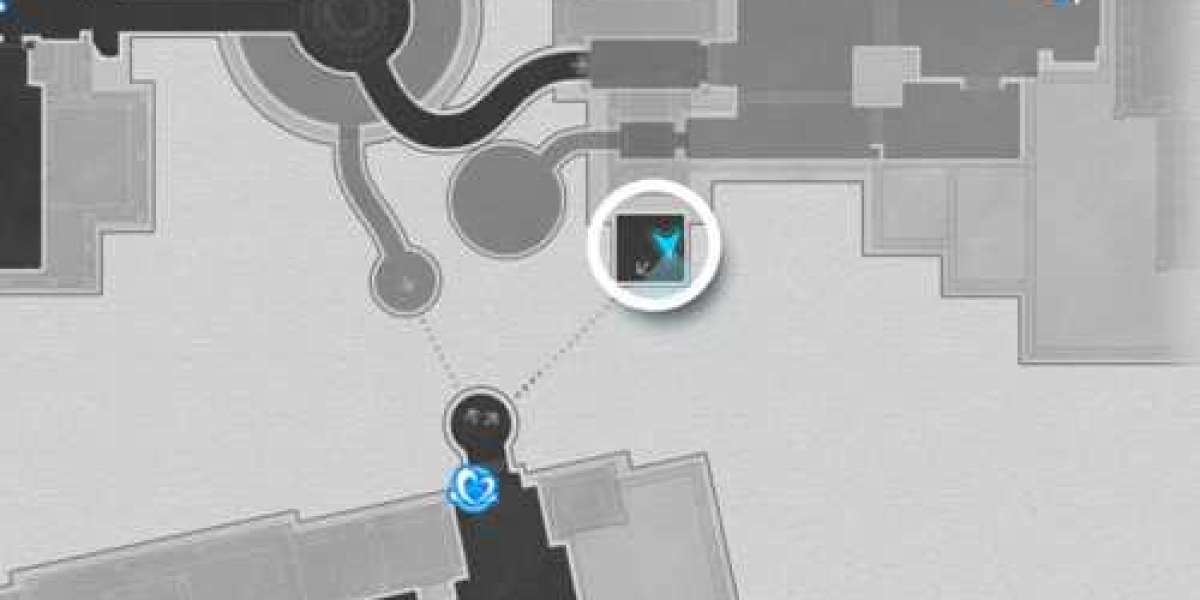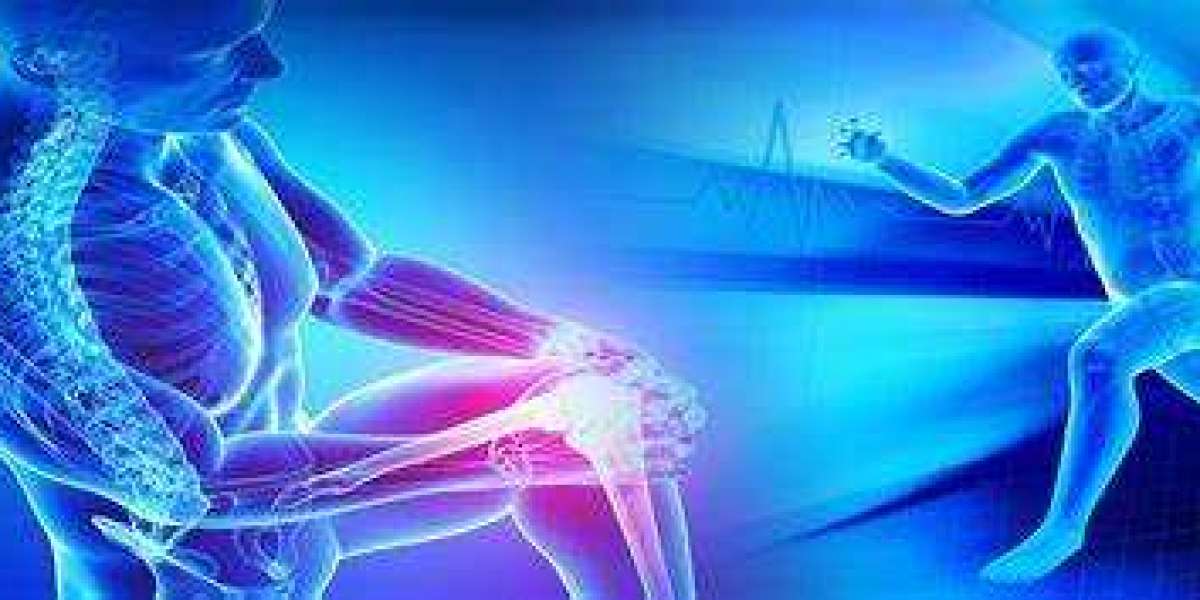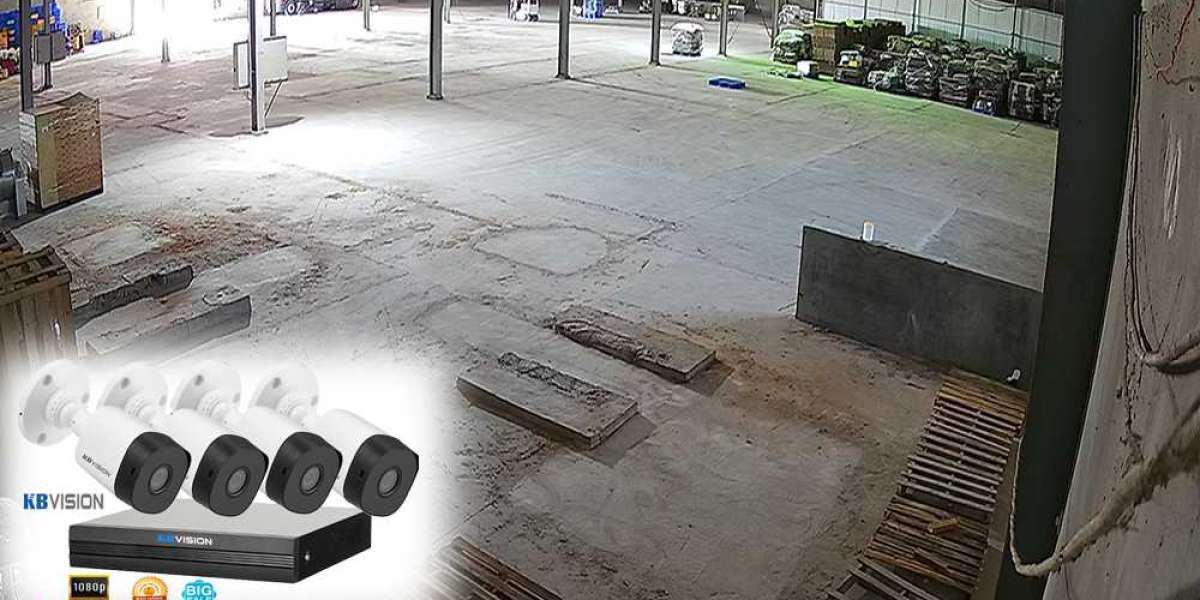Coffee contains an ingredient called caffeine, which makes the drink stimulating. A shepherd first discovered the coffee bean’s stimulating effect by observing how his goats became energetic and began hopping around when they ate the leaves and fruits of the coffee tree. He tried the fruits himself and discovered that he felt happier, more alert and with more vivacity than before. A monk of the region, which is present day Ethiopia, began to use an infusion of fruits to keep him awake during his prayers.
News of the effect of drinking coffee soon spread. By the 16th century, coffee was being used in the east, with the beans being toasted in Persia. Many people felt that the coffee was bad, and that the effects of the drink were against the laws of the Prophet Mohamed. The drink soon got around these obstacles and even Arabian doctors were prescribing the drink to help with digestion, cheer for the spirit and to stay awake.
In Arabia, a new infusion of the coffee received the name of “Kahwah” or “Cahue”, which means “force”. This new infusion became the classification “Arabian Coffee”.
In 1675, the coffee was taken to Turkey and Italy, but because the coffee came from Arabia, it was forbidden to the Christians. It was only allowed after Pope Clement VIII tried it. Coffee soon reached Holland, and through the Dutch Maritime Commerce, soon spread itself to the New World, Guyana, Martinique, Santo Domingo, Puerto Rico and Cuba.
Commercial establishments in Europe made full use of the new drink by coming up with “Coffee Houses”. Several became widely known, such as “Virginia Coffee house” in London and the “Coffee of La Regence” in Paris. These were populated by famous names such as Rousseau, Voltaire, Richelieu and Diderot.
Coffee is making world headline news even now, hundreds of years later. It turns out that coffee not only stimulates humans and animals, it stimulates male sperm, as well. Brazilian urologist Dr. Fabio Pasqualotto coordinated a study that gained international recognition after he announced that men who drink at least one cup of coffee a day present greater movement of their sperm. The sperm have more energy and are faster, therefore increasing the possibility of making a woman pregnant. “The caffeine can increase the use of energy of the sperm, as if it were a stimulant. It is as if the spermatozoon took an energetic,” Pasqualotto explained.
In his tests, the semen of 750 fertile men with active sexual lives was tested. The coffee did not alter the number of sperm. “The only alteration observed was in its quality of movement, independently of the amount of coffee ingested daily,” the urologist said. Of the men who drank coffee, 67% of the sperm had the mobility to arrive at the ovule. Of the men who did not drink coffee, only 54% had that mobility. Testing is ongoing for men with fertility problems.








